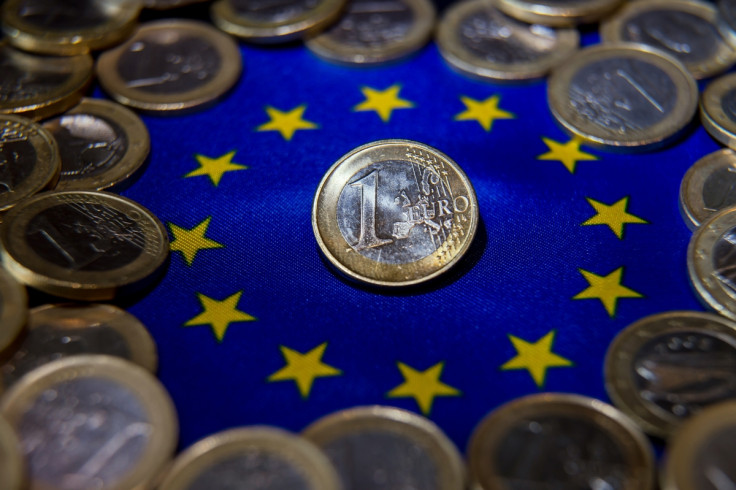EU misspent £4.5bn in 2014 as European Court of Auditors calls for budget management overhaul

The European Union "misspent" €6.3bn (£4.48bn, $6.8bn) of its budget in 2014, according to the financial regulator of the organisation. The European Court of Auditors (ECA) said the EU should prevent future financial mishandling to deal with shocks such as the refugee crisis.
The ECA ruled the EU should completely review its spending and investing methods, while its president, Vítor Caldeira, called for a "wholly new approach" on Tuesday (10 November). "The EU and the member states must strive to do more with what is already in place," he said. "They not only have to find the money now to deal with these challenges, they also have to ensure that money is well invested."
The estimated error rate for expenditure in 2014 was 4.4%, meaning 4.4% of total spending by the Union was paid out against the rules of the EU. The figure fell slightly from the revised percentage of 4.5% in 2013 but is well above what is considered acceptable, 2.2% The rate differed per spending subjects, with the highest level of "error" found in "economic, social and territorial cohesion" spending, where the EU invested 5.7% outside of the rules. Meanwhile, 5.6% of error spending was found in investments to encourage job growth and competitiveness.
"Taken together, our audit results over recent years point to a need for a wholly new approach, if the EU budget is to be invested better and more quickly to meet the challenges that Europe now faces," Caldeira said.
The ECA argued that substantive change is needed and those in charge of EU funds should take responsibility and use the money in a more effective way. It also said the EU should review where the money goes and what exactly the subjects of EU investments are. Caldeira added that the financial management tools used by the EU should be reconsidered.
The numbers come at a critical time in Britain, where Prime Minister David Cameron has set out his wish list for the UK in the EU. Ahead of the remain/leave referendum in 2017, the Brexit debate has reached new highs.
© Copyright IBTimes 2024. All rights reserved.






